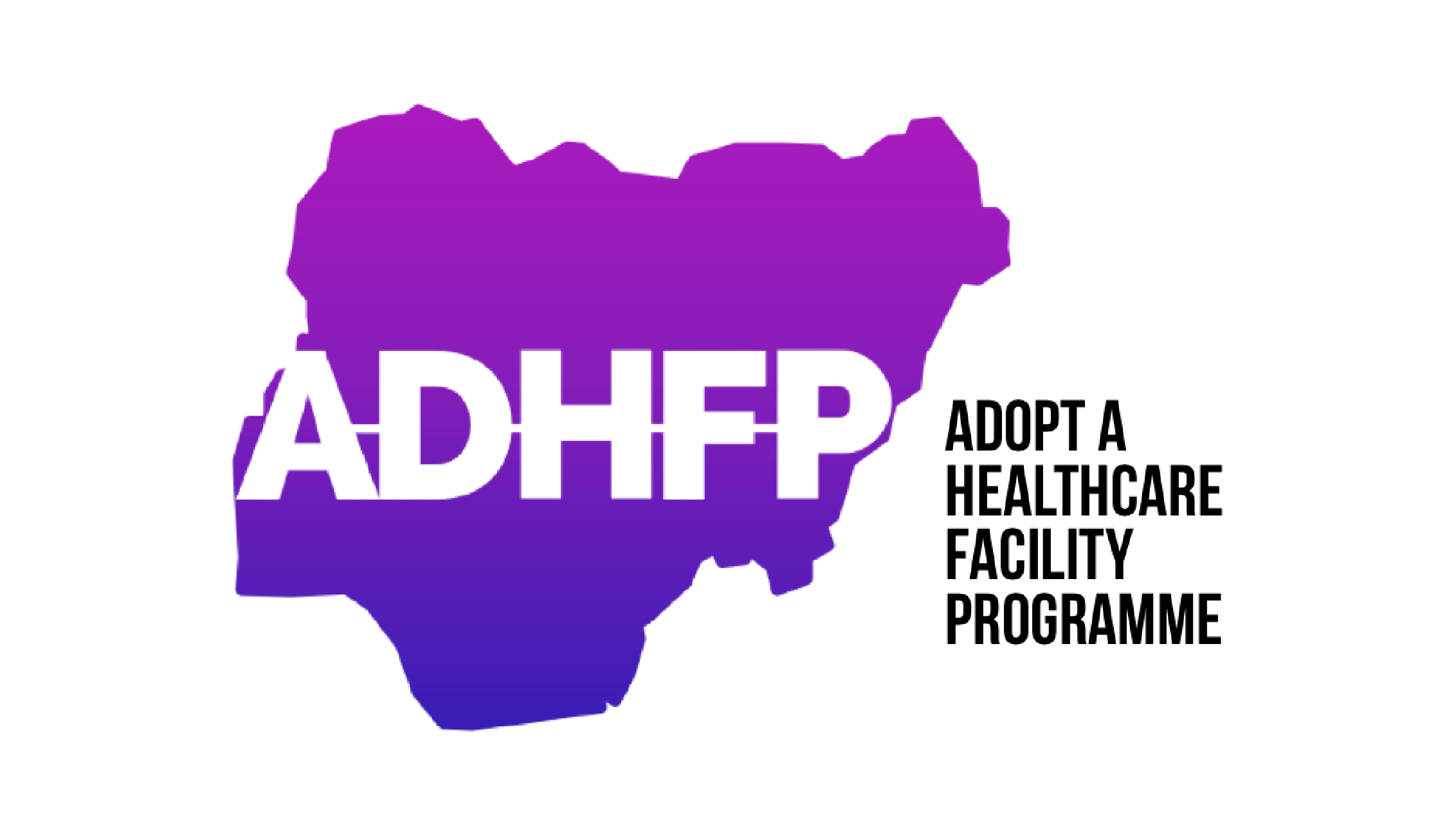
Breastfeeding: Benefits for Maternal and Child Health
The act of breastfeeding extends its advantages to both infants and mothers, extending beyond basic nourishment. It establishes a profound connection between a mother and her child while fostering their overall health. The World Health Organization (WHO) and UNICEF strongly advocate for initiating breastfeeding within the first hour of birth and sustaining exclusive breastfeeding for the first six months of an infant’s life – a period during which no other foods or liquids, including water, are introduced. These recommendations underscore the pivotal role of breastfeeding in safeguarding the health of both mothers and children.
Benefits for Infants
Breast milk stands as the ultimate source of precisely tailored nutrients, impeccably suited to fulfill the distinctive requirements of infants during their initial developmental phase. Rich in antibodies and bioactive compounds that bolster immunity, breast milk confers vital disease protection to newborns. Research incontrovertibly reveals that breastfed infants exhibit superior cognitive performance, are less susceptible to ailments such as diarrhea and respiratory infections, evade the risk of childhood obesity, and maintain resilience against diabetes in later life stages.
Advantages for Mothers
The merits of breastfeeding extend beyond the well-being of the child, extending their positive effects to maternal health. By aiding the uterus in returning to its pre-pregnancy dimensions and diminishing the likelihood of excessive postpartum bleeding, breastfeeding significantly aids postnatal recovery. Breastfeeding is associated with a reduced risk of ovarian and breast cancer among mothers. The intimate bond nurtured between mother and child during breastfeeding contributes to a sense of closeness, often mitigating the risk of postpartum depression.
Navigating Challenges and Solutions
In diverse regions like Nigeria and numerous other parts of the world, breastfeeding mothers encounter obstacles stemming from cultural norms and a lack of supportive environments. However, these challenges can be effectively tackled through public awareness campaigns that educate and rectify misconceptions about breastfeeding. Furthermore, establishing breastfeeding-friendly spaces in public settings can furnish mothers with a conducive and supportive atmosphere for breastfeeding their infants.
Role of Public and Private Sectors
Progressive workplace policies play a pivotal role in empowering working mothers to sustain their breastfeeding journey post-return to work. By offering paid maternity leave alongside designated breaks for breastfeeding, companies facilitate mothers in fulfilling their professional obligations while honoring their commitment to nursing. These initiatives not only contribute positively to the health and well-being of both mother and child but also elevate employee morale and bolster retention rates.
In conclusion, breastfeeding constitutes a practice that imparts lasting benefits not only to infants but also extends its positive influence on mothers and society at large. It not only forges an unbreakable bond between mother and child but also confers enduring health dividends. By fostering supportive environments and implementing policies that prioritize breastfeeding, we collectively contribute to a future that is healthier and more joyful for children, their mothers, and entire communities. Let us unite in embracing and championing breastfeeding as a pivotal facet of child health, thereby ensuring a future that is both brighter and more robust for all.
